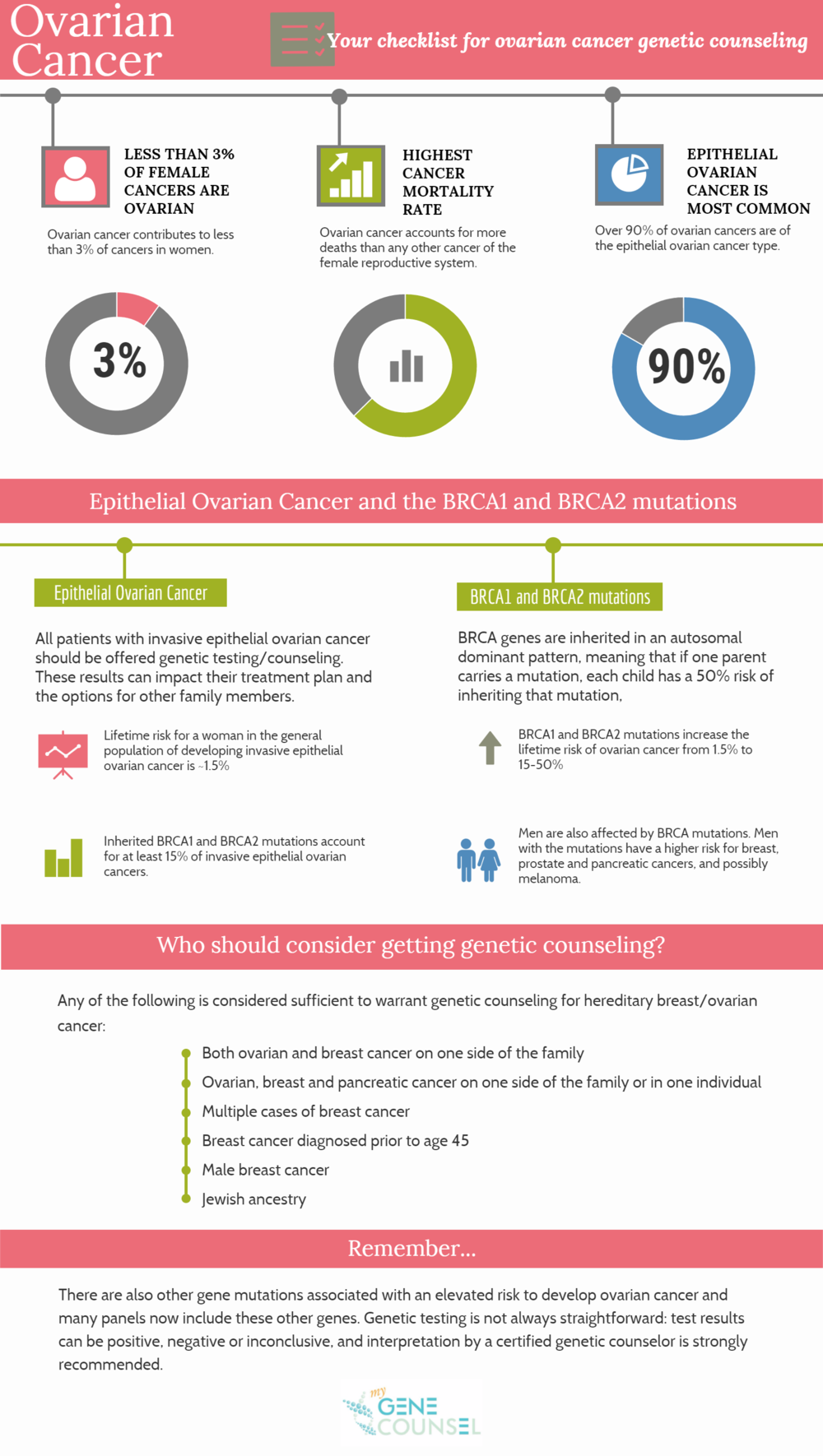Testing for BRCA1 BRCA2 and other inherited gene mutations requires a blood or saliva sample. Who Should Be Tested For BRCA.
 How The Brca Gene Test Saved My Life
How The Brca Gene Test Saved My Life
Although BRCA gene mutations are only implicated in about 5 to 10 percent of breast cancer diagnoses Jolies announcement focused major.

Should i get tested for the brca gene. Several tests are available to detect harmful BRCA1 and BRCA2 gene mutations. An estimated 025 of the general population carries a mutated BRCA gene or about one out of every 400 people. The decision to be tested may be very difficult for some men says Corbman.
Your doctor might suggest testing using a multigene panel which looks for mutations in several genes at the same time including BRCA1 and BRCA2. In the interview Applegate also advocated for women to get tested for BRCA gene mutations which increase the risk of developing breast and ovarian cancer cancer. If your mothers sister has an abnormal BRCA or PALB2 gene the next person to be tested would be your mother.
If her test is negative no gene abnormality present then you do not need to be tested because she could not have passed the mutation on to you. Tests are available to see if someone has inherited a harmful variant in BRCA1 and BRCA2. To test for a somatic BRCA mutation your doctor or genetic counselor will collect a tissue sample from your tumor to test the DNA.
Once your doctor or genetic counselor receives the results he or she will inform you of your BRCA status. But many women are scared to get the test because theyre afraid to learn they carry a BRCA mutation. Men should consider being tested for BRCA mutations under the following conditions.
Mutations in the BRCA1 or BRCA2 gene can increase your risk of. He additionally recommends that every member of a family with a history of ovarian cancer male breast cancer rare cancers or cancer diagnoses at an early age should undergo genetic testing. Applegate isnt alone in.
Its best to have genetic testing done in a clinically-approved lab certified by the Clinical Laboratory Improvement Amendments CLIA 155. Its hard for them to learn they can pass it on to their children. Women found to screen positive for higher risk of these mutations should receive genetic counseling and BRCA testing the task force recommends.
You may want to discuss genetic testing with your doctor if. The BRCA gene test can identify inherited gene mutations that leave carriers with elevated cancer risk. New guidelines from the US.
In the interview Applegate also advocated for women to get tested for the BRCA gene which can predict the likelihood of a woman developing breast cancer. Genetic counseling can help you make the decision that is right for. Genetic testing for hereditary breast and ovarian cancer looks for mutations in the BRCA1 and BRCA2 genes.
If you are found to be at higher risk of carrying either a BRCA1 or BRCA2 mutation genetic testing may be offered to you. Anyone who is concerned about the possibility that they may have a harmful variant in the BRCA1 or BRCA2 gene should discuss their concerns with their health care provider or a genetic counselor. A breast cancer gene test or BRCA say BRAH-kuh gene test can help people find out if they have inherited a gene change.
This change can make them much more likely to get breast cancer and for women ovarian cancer also. You can get this testing through your health care provider or a genetic counselor. If theres a history of prostate breast or ovarian cancer in the immediate family particularly among younger members if other family members test positive for BRCA1 or BRCA2 mutations.
Preventive Services Task Force USPSTF call for more women to be tested for mutations on the BRCA gene. While BRCA1 and BRCA2 gene mutations may increase your odds of developing breast cancer your odds of having either mutation are pretty small. This type of test can only be done in people who have cancer.
Fathers pass down the altered BRCA gene at the same rate as mothers. You should know the benefits risks and limitations of testing before deciding whether or not to get tested. If your mothers test is positive you might then decide to be tested.
When a parent carries the mutated gene he or she has a 50 percent chance of passing it onto a son or daughter. You have two or more blood relatives -- mother sister. At-risk families can take blood tests to look for mutations in these genes.








